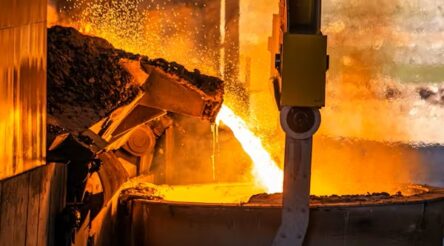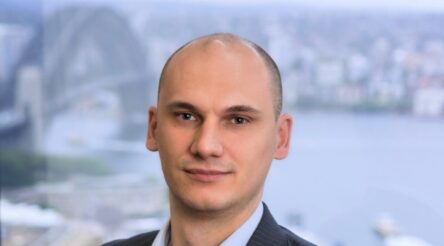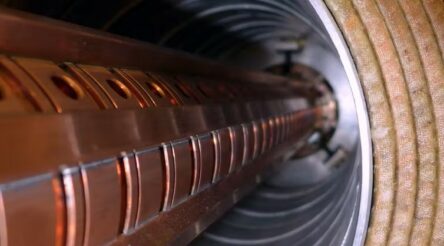Why Australia needs refineries and plastics manufacturers for a circular plastics future
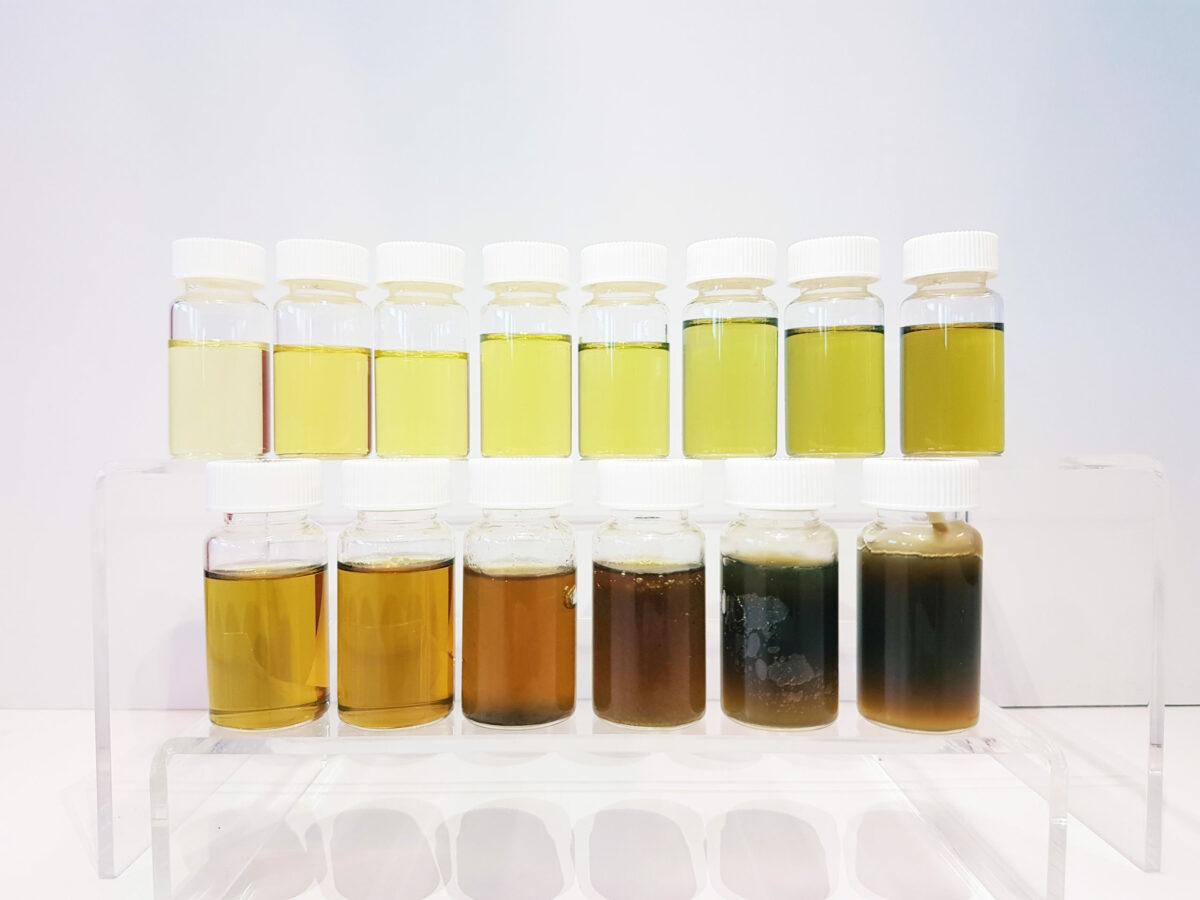
By Helen Millicer
It is not fashionable to say but the truth is that we have no hope of having a circular future with one of our most significant material streams, plastics, unless Australia retains its remaining refineries and builds new infrastructure to process waste plastics into distillate.
With the Federal Government’s Fuel Security Package announced in May providing greater certainty for remaining refineries out to 2027, there is a stronger likelihood of success for a more circular future for plastics in Australia.
Australia’s problems with plastics and emissions
Currently Australia collects and mechanically recycles only 14% of its plastics, and this is largely through packaging at kerbside and industrial scrap collections. And currently we are on track to miss our national targets for recycling plastics packaging by miles.
The vast bulk of our 3.5 million tonnes per annum of plastic products and packaging eventually ends up in landfill, which is a major waste of highly refined, carefully manufactured non-renewable material. Our current collection, sorting and processing systems are inadequate and our linear model is not sustainable, especially as we move to reduce oil and gas extraction and combustion to meet climate agreements.
With twin problems facing us – climate change and poor circularity of materials – Australia is blessed with the unique potential to cut its emissions by reprocessing and recirculating plastics at scale.
Customer demand and targets driving the change
In 2018 governments across Australia adopted ambitious targets for packaging, and in 2020 adopted further targets for recycled content. These are the only targets we have for plastics in Australia, which is about 40% of all plastics; there are no targets for the bulk of plastics that are part of our daily lives, like pipes, safety flooring, rainwater tanks etc. These products are available for reprocessing but largely end up in landfill.
Thankfully our packaging recycled content targets, along with the Federal Government’s ban on export of unsorted and unprocessed plastics, are driving change in two ways. Firstly, for higher standard treatment within Australia, and secondly, brand owners are seeking local quality recyclate to meet the packaging recycled content targets and avoid high global prices which are currently fetching a 40% premium above virgin.
These targets and bans are stimulating innovation and investment. Companies are forming joint ventures and investing in multi-million dollar collections and mechanical reprocessing infrastructure.
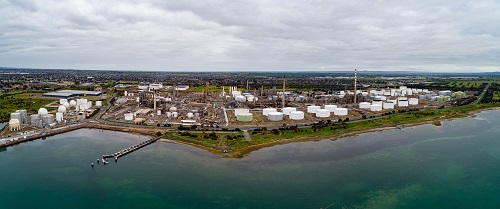
Viva Energy’s Geelong refinery, part of Australia’s circular plastic future? (Picture: Licella Holdings)
However, our estimates show the recently announced pipeline of new mechanical recycling facilities in all Australian states will lift the plastics packaging recovery of 18% in 2018-19 to around 30% in 3-4 years, still falling short of the 70% 2025 target, and help lift plastics packaging recycled content above 2018-19 rate of 6% toward the 2025 target of 20%. And this is still only addressing packaging and not including the larger portion of plastics products. There is much more that needs to be done.
From Refineries to Kit Kat
The most ambitious proposals in Australia are for advanced (sometimes known as chemical) recycling of plastics. Instead of processing 5,000-10,000 tonnes per mechanical recycling plant one advanced chemical recycling has the potential to reprocess up to 100,000 tonnes per year. Such a facility in Victoria, for example, could significantly reprocess a large proportion of the 500,000 tonnes of plastics currently going to landfill each year in that state. A leading consortium in the circular plastics race in Australia, currently preparing a business case, includes iQ Renew (waste aggregation, sorting and reprocessing), Licella (owners of advanced recycling technology /Plasticrude producer), LyondellBasell Australia (plastics resin manufacturer), Nestlé (brand owner) and Coles (retailer)
In parallel, Nestlé recently co-ordinated a circular packaging prototype with recycled content, which they announced in March. The ‘Aussie First KitKat’ wrappers were made with 30% recycled content via Licella’s Cat-HTR™ platform, and technical partners included Amcor, Taghleef Industries and Viva Energy’s refinery. This astonishing technical achievement shows Australia’s capability in reprocessing waste plastics into international food-grade standard soft plastic wrappers.
Securing energy and plastics supply chain sovereignty
With Viva Energy’s Geelong refinery operations secured for at least another five years, the company can also investigate investments into alternative feedstocks including distillate from Licella made from waste plastics, and diversified products including hydrogen.
Australian Licella Holdings has invested over $100M over ten years developing the Cat-HTR™ platform (a form of hydrothermal liquefaction), with the first commercial scale plant for previously unrecyclable plastics under construction in UK. Licella’s Cat-HTR™ technology is also being integrated into pulp/paper mills in the US to produce biofuels from residue streams.
By closing the loop using the Cat-HTR™ technology, this Australian consortium aims to add advanced recycling to our national treatments for plastics, particularly plastics unsuited to large scale existing mechanical reprocessing, such as soft plastics and composites. This could secure certified quality recycled distillate at scale for resin producers Lyondell Basell Australia and Qenos, and customer manufacturers, fabricators and brand owners for packaging and products made in Australia and overseas.
Helen Millicer is Director, One Planet Consulting. Helen is a circular economy guru with her work in energy, water, materials, organics for companies, influential associations and government on policy and programs. A Churchill Trust scholar in circular economy, Helen is an experienced board director and contributor to essential directions for Australia.
Featured picture: Different fractions of Plasticrude from the Licella Cat-HTR process first pilot plant in NSW. (Licella Holdings)
Subscribe to our free @AuManufacturing newsletter here.
Topics Analysis and Commentary
@aumanufacturing Sections
Analysis and Commentary Awards casino reviews Defence Gambling Manufacturing News Online Casino Podcast Technology Videos


